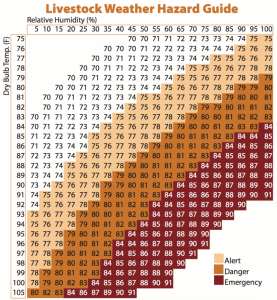Below is a pdf on ‘Italian Ryegrass Management in Soybeans’ by Take Action Partners on herbicide resistance management.
Italian rye grass and its hybrids are a common grass in head right now along field edges and in fall planted grains or as a weed of pure stands of hay crops. Ryegrass is difficult to control in most crops due to its emergence biology, tillering and resistance to herbicides.
“Technical editing for this publication was led by Larry Steckel, Ph.D., University of Tennessee, Knoxville; and Jason Bond, Ph.D., Mississippi State University, in partnership with other universities in the soybean-growing regions of the United States. Take Action is supported by BASF, Bayer, DuPont, Dow, FMC, Monsanto, Syngenta, Valent and corn, cotton, sorghum, soy and wheat organizations.” For more information and links to additional resources, visit www.IWillTakeAction.com.™
https://iwilltakeaction.com/uploads/files/57229-7-ta-hrm-factsheet-italianryegrass-r2-final.pdf
For management in forage hay crops, see the Oregon State publication “MANAGEMENT OF ANNUAL RYEGRASS CONTAMINATION IN TALL FESCUE AND ORCHARDGRASS GROWN FOR SEED” https://cropandsoil.oregonstate.edu/system/files/curtis_annual_ryegrass.pdf

